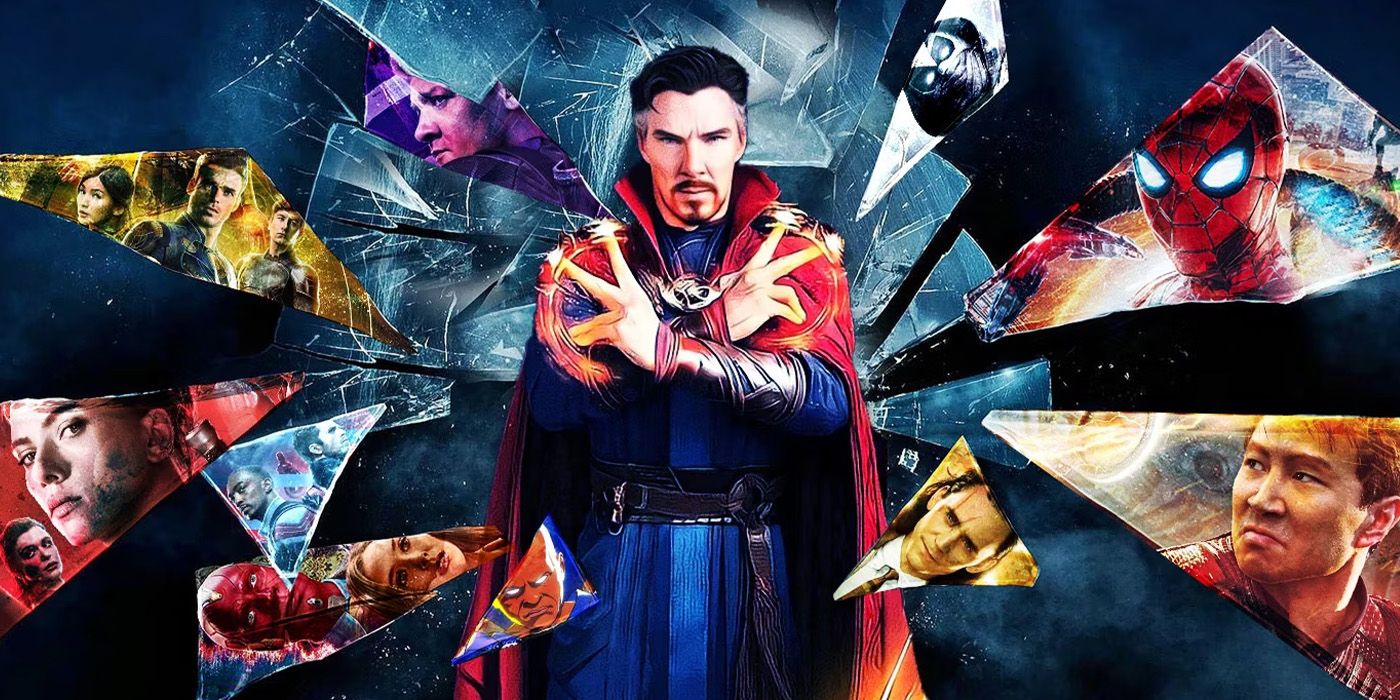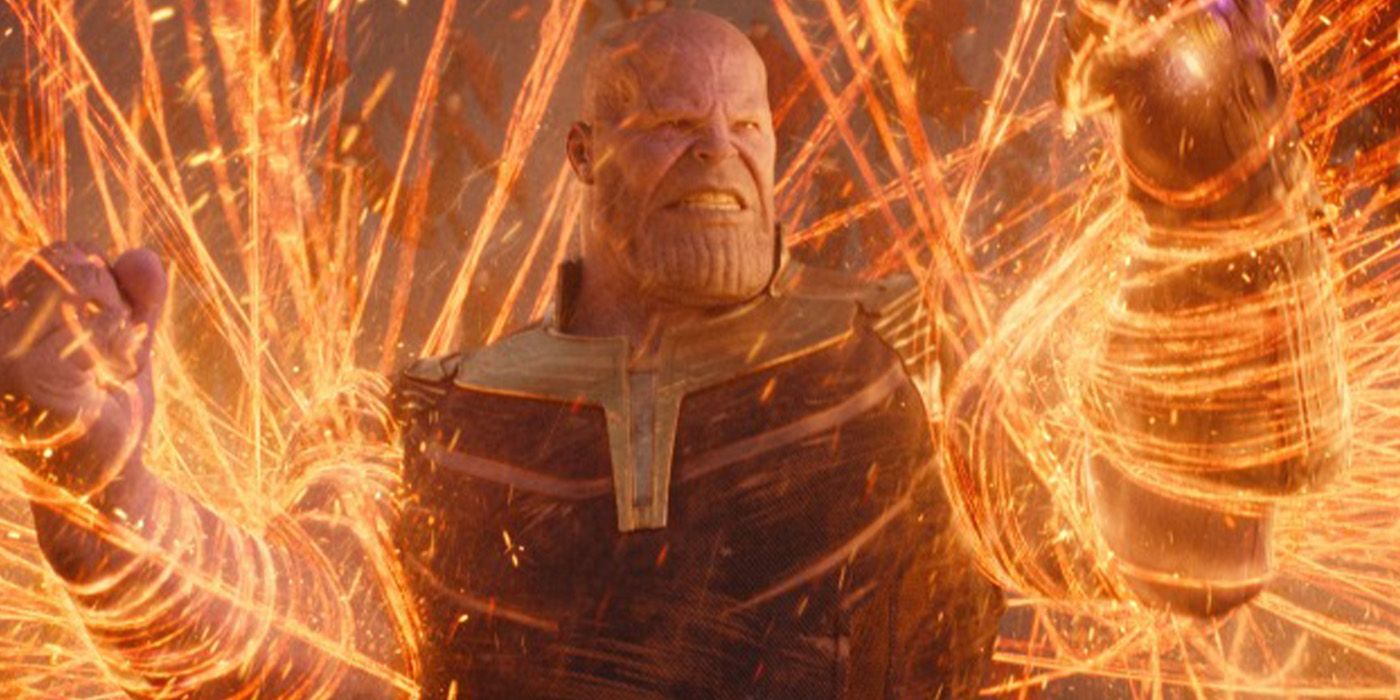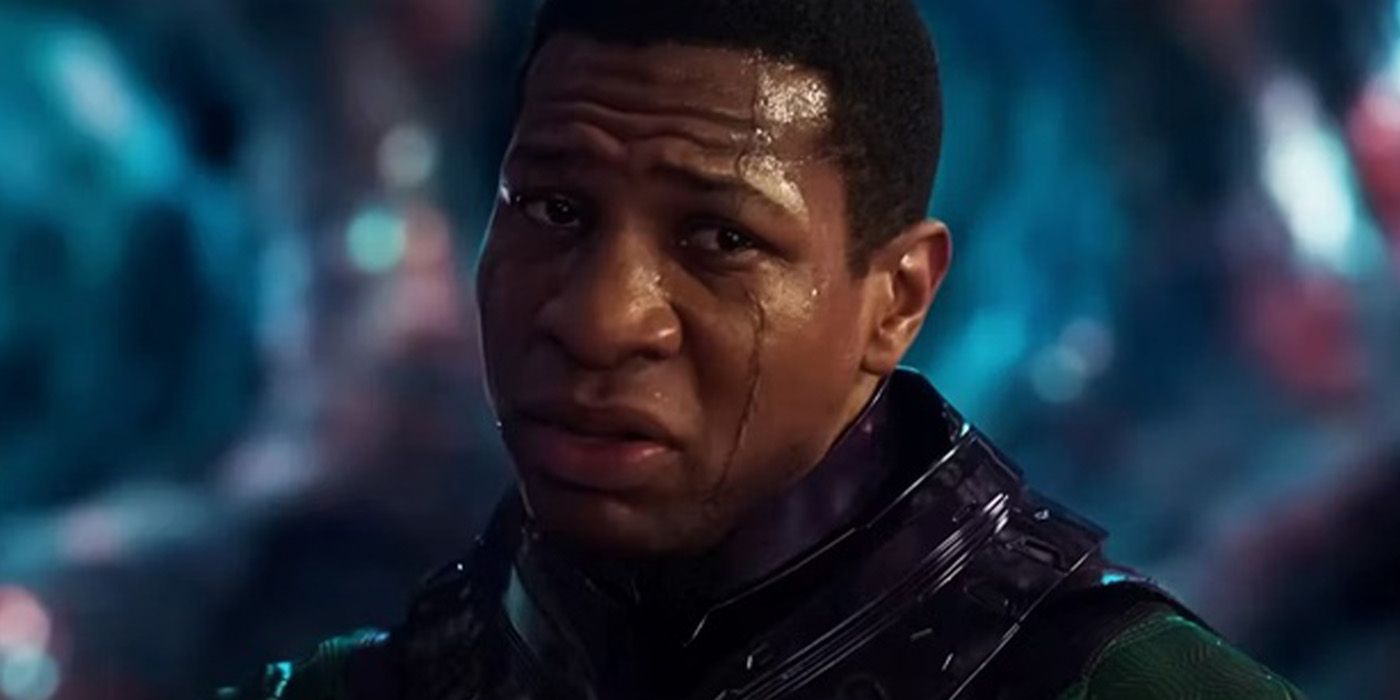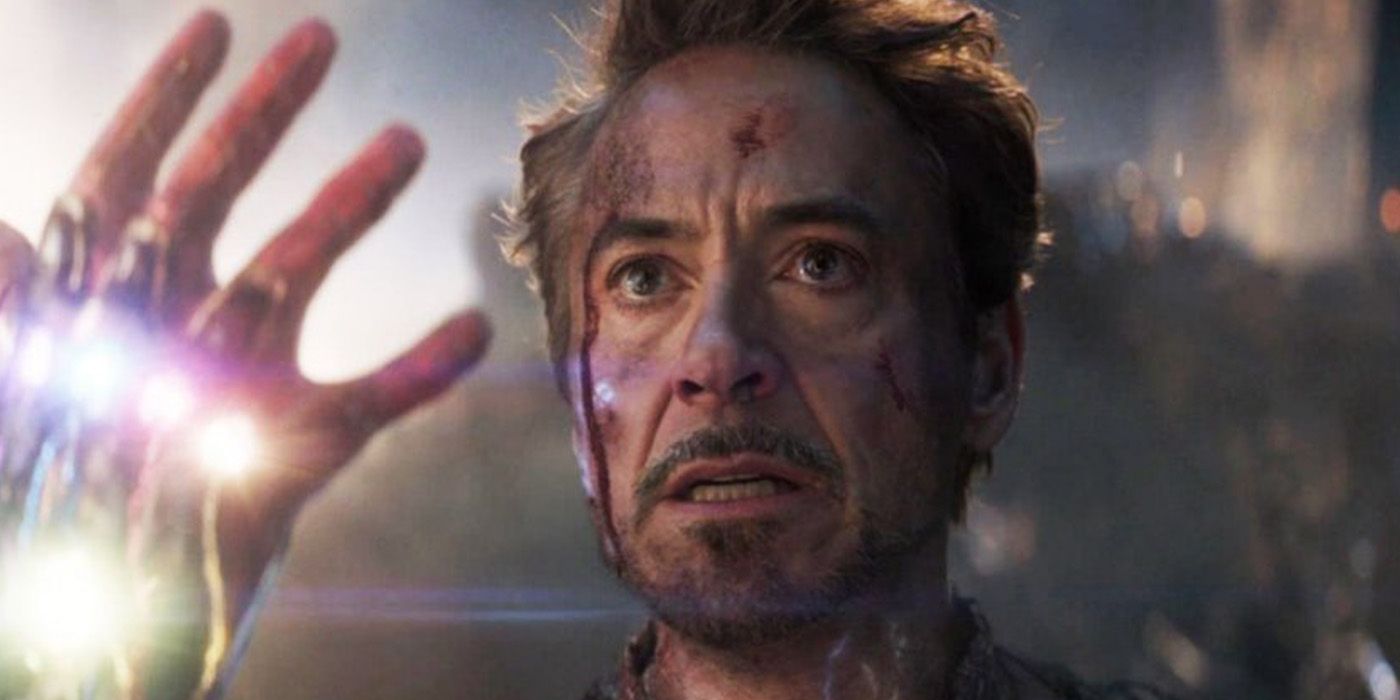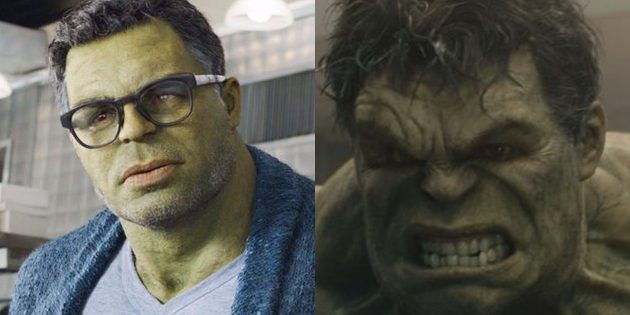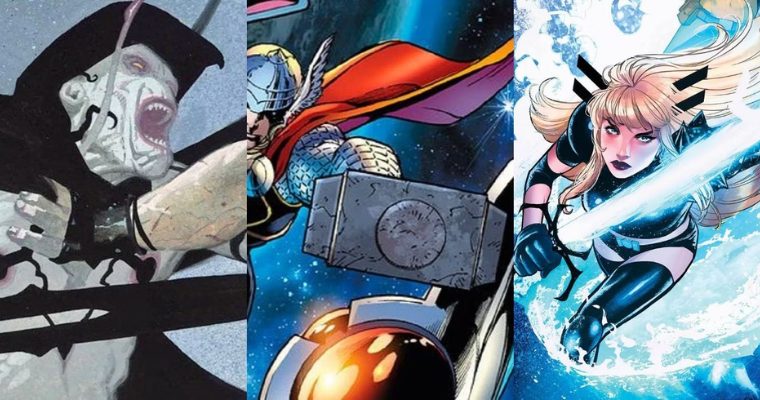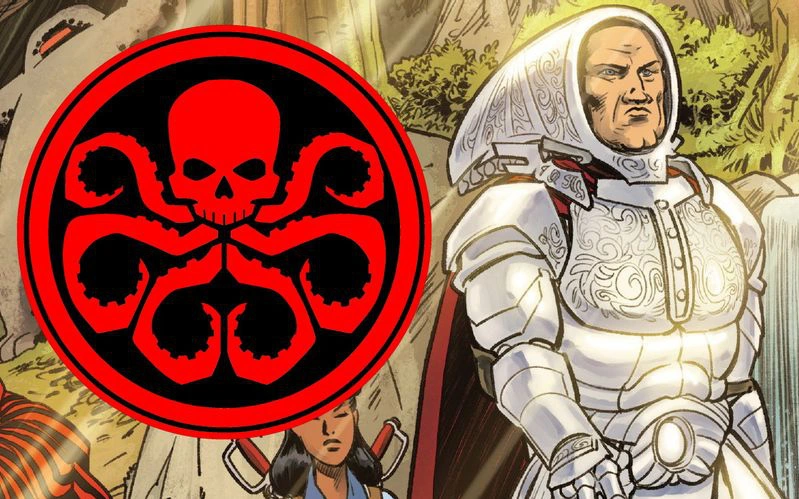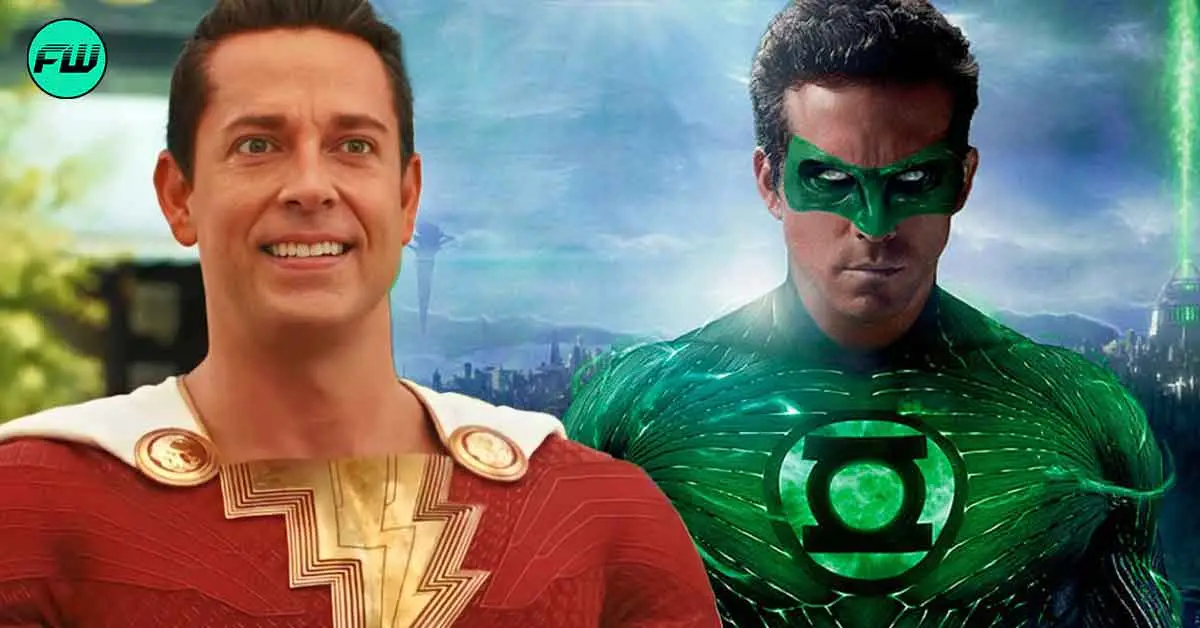Avengers: Infinity War and Avengers: Endgame marked the epic conclusion to the MCU’s Infinity Saga, but the franchise hasn’t seemed to recover yet.
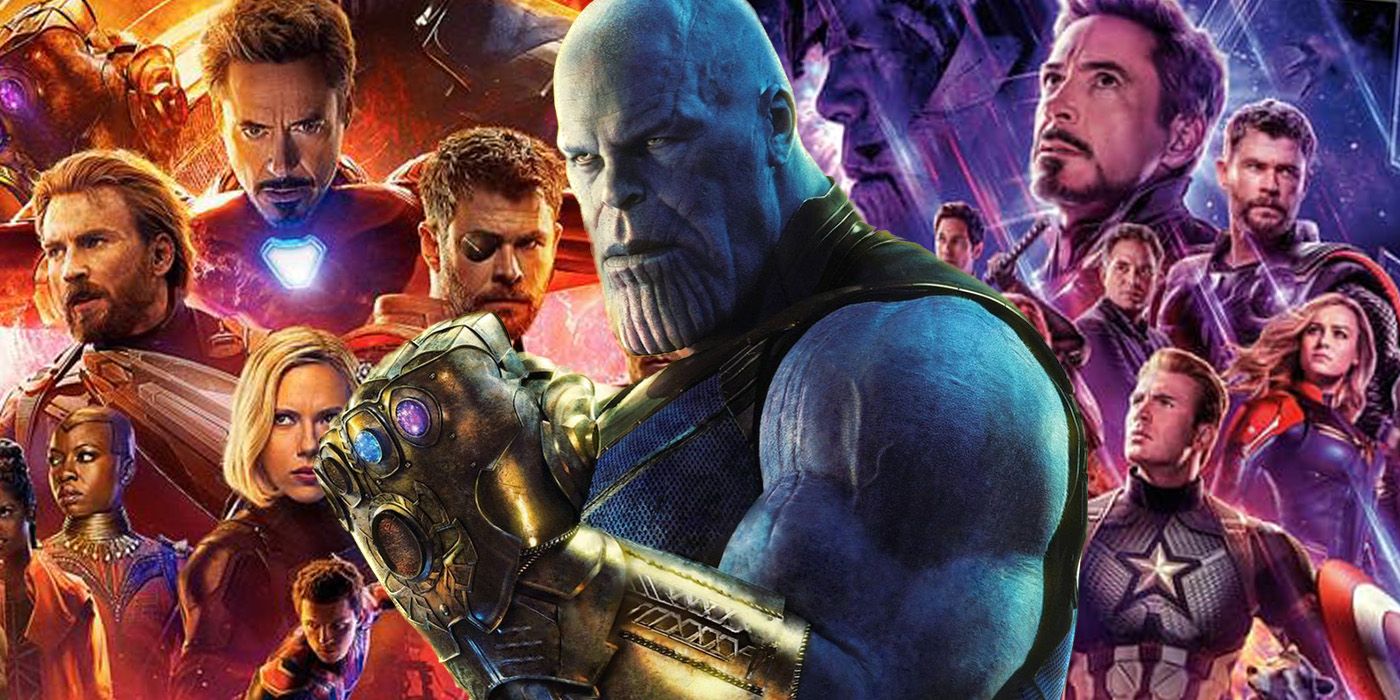
The MCU’s Infinity Saga came to an end with Avengers: Infinity War and Avengers: Endgame, two epic projects that threw the future of the MCU into disarray. After a decade of superhero adventures, Marvel Studios brought all of their existing heroes together in Infinity War and Endgame for one final battle against the Mad Titan, Thanos. Infinity War revealed Thanos’ genocidal plan to wipe out half the population of the universe in an effort to stop issues caused by over-population, and after the disbanded Avengers failed to defeat him, Endgame picked up five years later, set in a bleak world ravaged by the effects of Thanos’ success.
In the wake of Avengers: Infinity War and Avengers: Endgame, Marvel Studios has seen a drop in popularity, with projects such as Eternals, Thor: Love & Thunder, and Ant-Man and the Wasp: Quantumania being met with mixed-to-negative reviews. The MCU’s Multiverse Saga also brought with it the introduction of original MCU TV shows for Disney+, marking a huge rise in the amount of content produced by Marvel Studios. Criticisms for various Phase 4 projects made it impossible to avoid comparisons to the MCU’s Infinity Saga, so it could be argued that the massive success of Infinity War and Endgame actually had a detrimental impact on the future of the franchise.
Avengers: Infinity War & Endgame Were The Peak Of The MCU
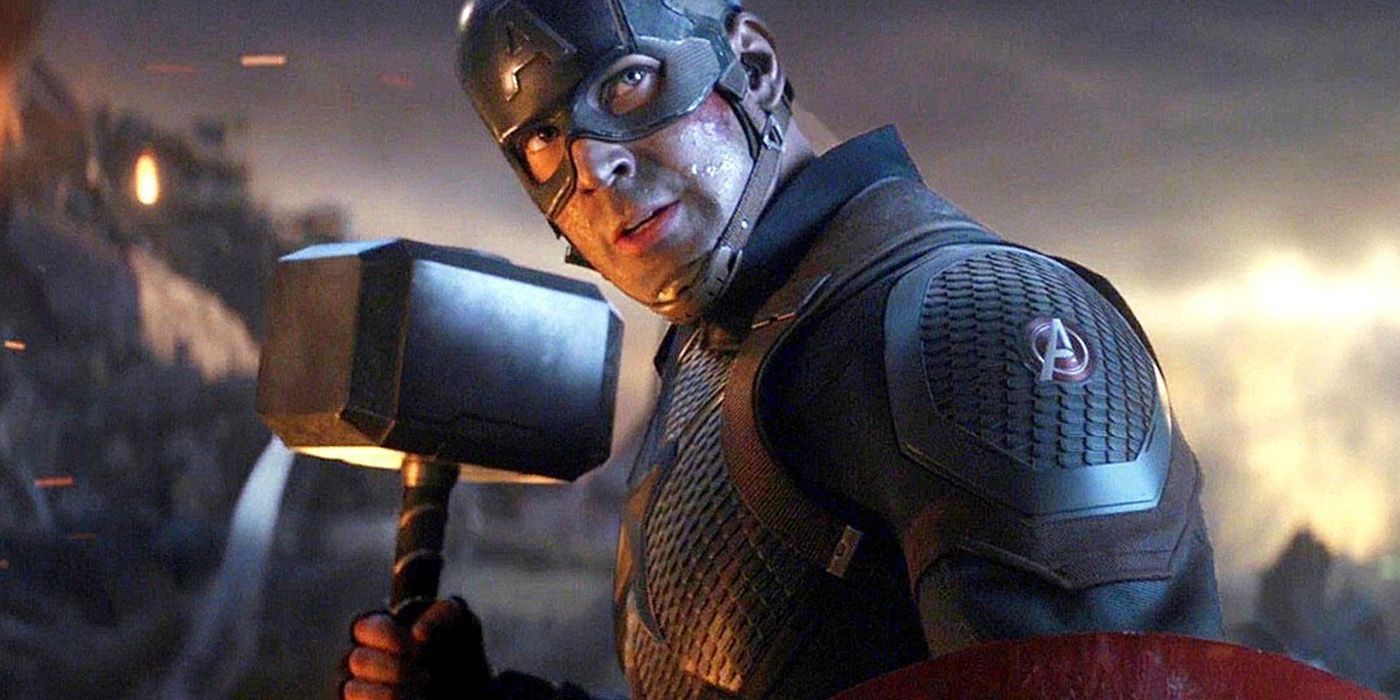
Infinity War and Endgame marked the culmination of a decade of storytelling in the MCU, with Infinity War standing on the shoulders of eighteen previous Marvel Studios films. There were perhaps stronger individual projects during the MCU’s Infinity Saga, as Infinity War and Endgame didn’t escape from certain moments of criticism, but as the closing numbers of the Infinity Saga, Phase 3’s Avengers films stood at the pinnacle of the franchise. This was in large part due to the shared universe connections that Marvel Studios had been cultivating since 2008’s Iron Man, as Infinity War and Endgame were informed by every one of the projects that had come before.
Featuring a story unfolding over two epic crossover films, Infinity War and Endgame wrapped up several plot threads involving the MCU’s original Avengers team. This included dealing with the fallout from the Avengers’ disbanding in Captain America: Civil War, Bruce Banner’s identity issues that started in Thor: Ragnarok, the family dynamic that was developed in the Guardians of the Galaxy franchise, and the deaths or retiring of original Avengers such as Iron Man, Captain America, and Black Widow. Directors Anthony and Joe Russo delivered an epic closing salvo that has been difficult to match up to in subsequent projects.
Infinity War & Endgame Caused The MCU To Be Disjointed
While Infinity War and Endgame did bring a lot of MCU stories to a satisfying end, the films also helped to set the stage for future films to unfold, particularly setting up many projects in the MCU’s Phase 4. WandaVision, The Falcon and the Winter Soldier, Hawkeye, and Doctor Strange in the Multiverse of Madness are among the projects most impacted by the events of Infinity War and Endgame. However, while this sense of hope for the future at the end of the Infinity Saga was great, the sheer volume of stories that were hinted at meant that Phase 4 had almost too many new directions to focus on.
One of the MCU’s Phase 4’s divisive criticisms is that there seemed to be no connectivity, with each project developing separate, insular stories while trying to link back to Infinity War and Endgame. Marvel Studios came under scrutiny for seeming to be directionless with the Multiverse Saga, though it may be a matter of impatience. The Infinity Saga took ten years to build up to Infinity War, so it was unrealistic to imagine the MCU’s Phase 4 would have formed a clear direction in only a few months. Either way, the Multiverse Saga’s connectivity problems were certainly rooted in Infinity War and Endgame’s epic storytelling.
MCU Box Office May Not Reach Infinity War & Endgame Levels Again
The MCU’s Phase 3 is widely regarded as the strongest era of the franchise, with projects such as Captain America: Civil War, Black Panther, Captain Marvel, and Spider-Man: Far From Home all grossing over $1 billion at the box office. However, Avengers: Infinity War and Avengers: Endgame blew every other project out the water, grossing over $2 billion, with Endgame becoming the highest-grossing film of all time prior to Avatar’s 2021 re-release. The incredible success of Infinity War and Endgame made these epic films very difficult to follow, which is something that unfortunately cursed Phase 4’s MCU projects.
RELATED:2022 Broke The MCU’s $1 Billion Streak… So What About 2023?
By comparison in Phase 4, only one film, Spider-Man: No Way Home, was able to breach the $1 billion mark, even inching close to $2 billion, while the first three films in Phase 4 couldn’t even make it past $500 million. The COVID-19 pandemic had an impact on Phase 4’s early projects, contributing massively to the poor box office numbers for Black Widow, Shang-Chi and the Legend of the Ten Rings, and Eternals. Even so, Infinity War and Endgame set a remarkably high bar that will be hard to beat, and perhaps future projects shouldn’t strive to match up but just continue to do what they do best.
Will The MCU Recover From Infinity War & Endgame?
Since the MCU’s Phase 5 has only recently started with the February 2023 release of Ant-Man and the Wasp: Quantumania, it’s still difficult to know whether the standard of Infinity War and Endgame will be upheld. This is particularly true as Quantumania garnered fairly negative scores, which in turn contributed to a poor box office turnout. However, there are still many more projects to be released throughout the MCU’s Phases 5 and 6, and since Marvel Studios has taken the executive decision to delay some MCU Phase 5 projects, allowing for an extended post-production period, it could be assumed that the overall quality level will soon rise.
In response to criticisms that the Multiverse Saga was directionless, 2022’s San Diego Comic-Con saw Marvel Studios chief Kevin Feige quickly unveil plans for Avengers: The Kang Dynasty and Avengers: Secret Wars for the MCU’s Phase 6. This reveal sparked talks of similarities with Infinity War and Endgame, as these projects will bring the Multiverse Saga to an end, but they could also hit the levels of success that their Phase 3 predecessors obtained. The much-anticipated Fantastic Four is also on the docket for Phase 6, and the MCU’s X-Men won’t be far behind, so Marvel Studios’ popularity could be set to see a huge increase in the coming years.
Should Infinity War & Endgame Have Been The End Of The MCU?
Following the release of Infinity War and Endgame, it would have been possible for the MCU Phase 3 to have ended the MCU as a whole. The crux of this argument falls on the stories and characters of the original Avengers, several of whom ended their MCU careers in Endgame. Avengers: Endgame seemed like a fitting end to these heroes’ stories, including Iron Man’s sacrifice to save the universe in a reflection of the MCU’s first project, 2008’s Iron Man. However, the success of the MCU and the plots that had been set up in Infinity War and Endgame made future MCU sequels inevitable.
While it was always unlikely that Marvel Studios would have ended the MCU there and then, what might have worked better for Phase 4 would have been a longer gap between Avengers: Endgame, Spider-Man: Far From Home (which acted as an epilogue to Endgame), and the start of the MCU’s Multiverse Saga. The COVID-19 pandemic forced Marvel to hold off on releasing any projects in 2020, but perhaps there needed to be more time to recover from the events of the Infinity Saga. Marvel Studios has made some huge changes in recent months, which could finally see a recovery after Avengers: Infinity War and Avengers: Endgame, but only time will tell.



